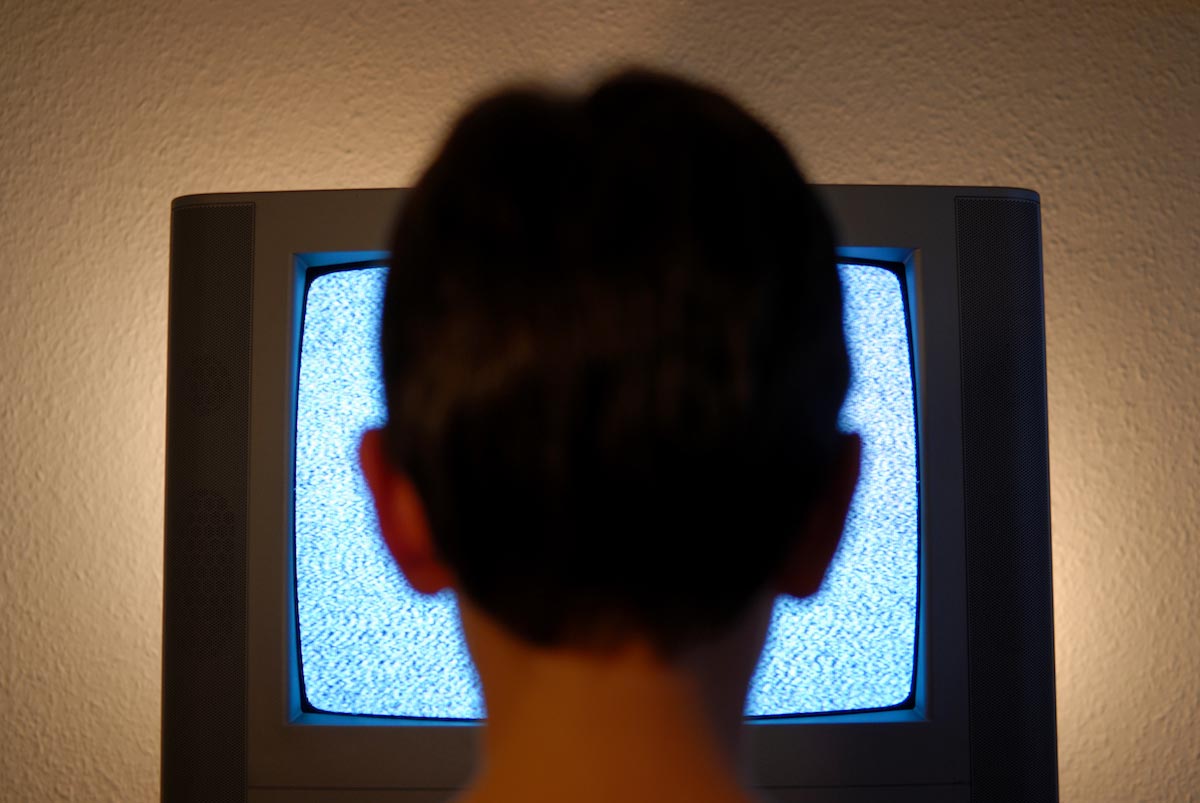
Advertisement
In 1949, author George Orwell published the now famous novel “1984,” in which he wrote about a “Big Brother” government that severely infringed on the rights and the privacy of the people. Today, with technology becoming more and more advanced and the federal government becoming increasingly intrusive, what was once just science fiction in a storybook is quickly becoming reality.
Vizio, one of the largest and most well known producers of Smart TVs in the country, is now being forced to pay $2.2 million after the company was caught collecting the viewing habits of their customers without their knowledge or permission.(RELATED: Stay informed about violations of your privacy at PrivacyWatch.news)
The technology that allowed this to happen was something called ACR, or automated content recognition, which is contained in every Vizio television that is connected to the Internet. The ACR software collected the information from the video images displayed on the screen and then sent that data to the manufacturer’s servers. Vizio then sold the data to anonymous third parties. (See also: Amazon grocery stores also want to track you, and you must forfeit your privacy to shop there.)
In the official complaint filed by the Federal Trade Commission on Monday, the FTC asserted that “Vizio earns revenue by providing consumers’ television viewing history to third parties through licensing agreements, on a television-by-television basis for three main uses, specified by contracts.” The complaint then goes on to list the reasons why Vizio distributed the collected information – for the purpose of audience measurement, for the purpose of analyzing advertising effectiveness, and for the purpose of targeting advertising to particular consumers.

In an attempt to defend their practices, Vizio said in a statement that none of the information that they collected via the ACR system was connected to anyone’s personal identification. “The ACR program never paired viewing data with personal identifiable information such as name or contact information,” the company explained. But their claim that no “personal identifiable information” was ever collected may not be accurate.
The ACR software occasionally collected IP addresses and may have had the ability to retrieve detailed personal information regarding the age, sex, income, and marital status of Vizio’s customers. This was made possible due to a feature called “Smart Interactivity,” which suggests shows for the viewer without letting them know that it was simultaneously collecting their viewing habits and other information. (RELATED: See more technology problems at Glitch.news)
Vizio must now pay $1.5 million to the Federal Trade Commission and an additional $700,000 to the New Jersey Division of Consumer affairs. Vizio has also agreed to alert customers of their data collection practices moving forward.
Unfortunately, this isn’t the first time we have seen Smart TVs infringe on privacy rights. In 2013, a blogger came forward claiming to have proof that his LG television was collecting and sharing private information. The data included not only a list of shows that were being watched, but also the names of files on both business and residential networks. “It turns out it was pulling file names from my shared folders and broadcasting those instead,” he wrote. [RELATED: Protect your Fourth Amendment right to privacy with this concealable tool that blocks government surveillance and identity thieves.]
Samsung, though conducting similar practices, decided it would be best to come out with the truth before any significant legal action was taken against them. Talking about the remote controls’ voice recognition feature, the company warned, “Please be aware that if your spoken words include personal or other sensitive information, that information will be among the data captured and transmitted to a third party.”
For more information regarding this case, visit ftc.gov
Sources:
Submit a correction >>
This article may contain statements that reflect the opinion of the author
Advertisement
Advertisements














